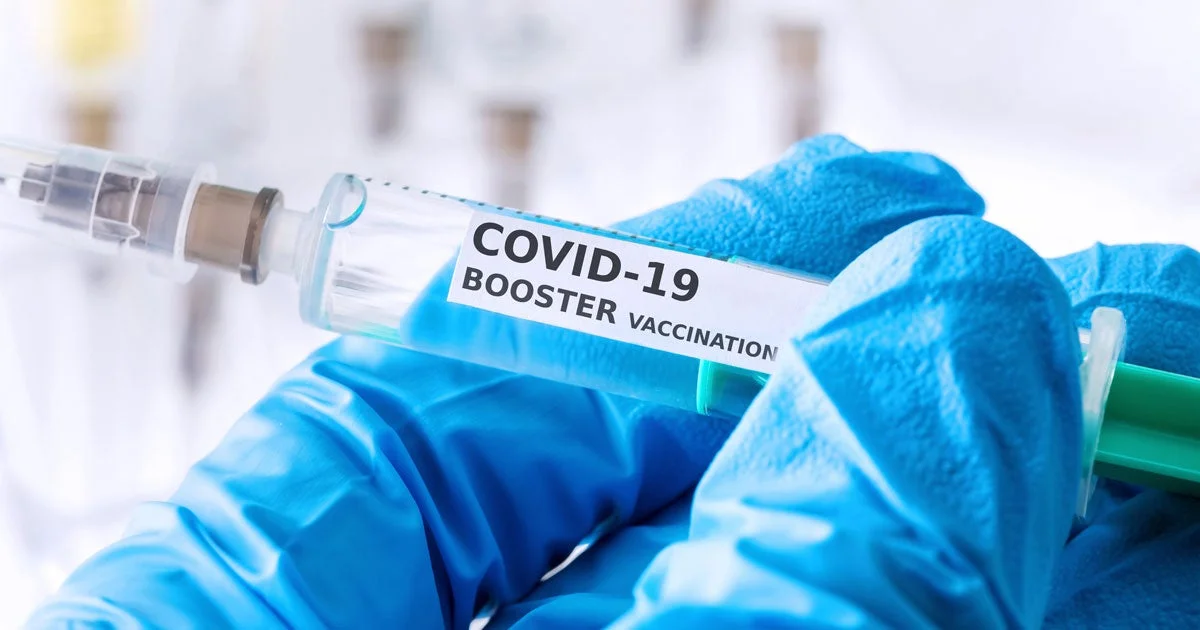As summer travel resumes and mask mandates fade away, the resurgence of COVID-19 cases comes as no surprise. In tandem with the increase in infections, several states in the United States are witnessing a rise in COVID-19 hospitalizations, particularly among older adults. As we navigate this evolving situation, health experts emphasize the importance of booster shots to enhance immunity and safeguard against severe illness.
According to the Centers for Disease Control and Prevention (CDC), weekly hospitalizations have been slowly increasing since mid-June. The number of weekly hospitalizations has risen from approximately 6,300 to more than 8,000 by the week ending July 22. It’s crucial to note that the CDC no longer provides national case numbers after the end of the COVID-19 public health emergency in May, as states are no longer required to report this data.
The Erosion of Immunity
The current upward trend in cases reflects the gradual waning of immunity in the population against the SARS-CoV-2 virus. The most recent widespread booster recommendation was issued in April, targeting the Omicron BA.4/5 variants. However, newer variants of the XBB variety have since emerged, making the existing booster shots less effective.
Health authorities have plans to update the booster in the fall, yet the specific variant to be targeted remains undisclosed. Nonetheless, it is likely that the new booster will focus on some version of the currently circulating XBB variant to improve vaccine efficacy.
The Decision to Get Boosted
Deciding whether to receive another booster shot is contingent on individual circumstances, as advised by Dr. David Wohl, a prominent expert from the University of North Carolina at Chapel Hill. Older individuals, particularly those who may be traveling or spending time in close proximity with others, may benefit from an additional booster shot, especially if their last vaccination was more than three months ago.
Additionally, the CDC recommends that individuals with weakened immune systems receive booster shots more frequently to maintain strong immunity. These boosters have demonstrated their effectiveness in protecting people from severe COVID-19 cases, even as some parts of the country witness a slight increase in hospitalizations.
For the otherwise healthy population who adhere to preventive measures, such as wearing masks in public settings and poorly ventilated environments, waiting a few weeks for the updated booster may be a reasonable approach. Dr. Wohl, for instance, states that he, being 59 years old, remains cautious and will wait for the updated booster due to the minimal risks associated with infection.
While some experts, like Dr. Sandra Kemmerly from Ochsner Health in New Orleans, believe it’s essential for those at risk of severe disease or individuals desiring maximum protection to get a booster now, others acknowledge the importance of patience. The current booster, though not optimized for XBB variants, still provides significant protection, mirroring the scientific precedent seen with flu shots.
A Combined Defense: Immunity from Infection
It’s important to recognize that immunity from prior infection also contributes to the overall defense against COVID-19. As more people have been exposed to the virus through vaccination or natural infection, some level of protection against severe illness is likely present. Though the existing vaccines may not provide maximum protection against newer variants, they remain instrumental in reducing severe cases and preventing large outbreaks.
The resurgence of COVID-19 cases and hospitalizations in some states signals a need for continued vigilance. For those at higher risk, including older individuals and those with weakened immune systems, getting a booster shot is advisable. However, for healthy individuals who take preventive measures, waiting for the updated booster may be a prudent option.
The combination of vaccination and previous infection is contributing to protection against COVID-19, but the emergence of new variants highlights the need for ongoing research and adjustments to vaccination strategies. Until then, maintaining individual responsibility and adhering to public health guidelines can help curb the spread of the virus and protect vulnerable populations.




